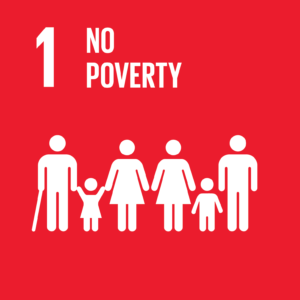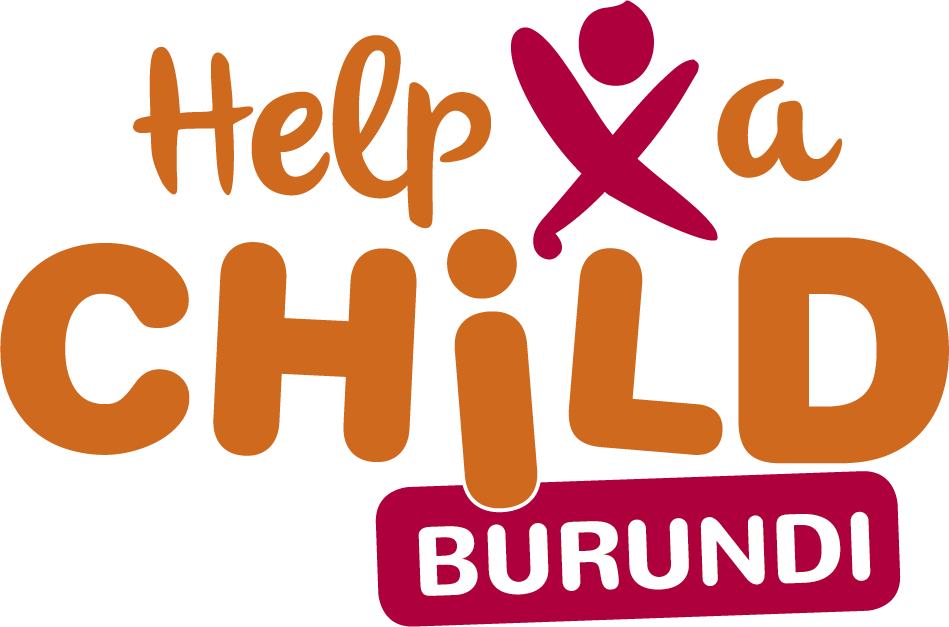Burundi produces less than 0.02 percent of global greenhouse gas emission, yet it is deeply affected by climate change in recent years because of primarily floods, torrential rains, heavy winds and extended dry seasons. Since September 2023 up to September 2024, Burundi has experienced 257 emergency events resulting in 304,369 affected persons and 49,505 IDPs.
The main types of natural disasters recorded were torrential rains (135 events), strong winds (56 events), floods (30 events), landslides (26 events) and hail (10 events) that have resulted in 13,335 homes flooded, 7,937 homes were partially destroyed, and 4,258 homes were completely destroyed. Overall, 38,56 households were affected by crop field damage (ruined farmlands), 26 bridges, 15 health centers, 234 classrooms, 1,245 school based and public toilets as well as 256 other public infrastructures were destroyed.
Overall, 77 communes have been affected nationwide, 27 persons died, 152,659 children and 165,043 women were affected among whom 177 were injured. While 21,420 children and 27,848 women were displaced. Natural disasters remain the primary cause of human internal displacement in Burundi, amounting to 93% of the cases reported. Rumonge is the most affected province by natural disasters, currently reporting 15,377 IDPs, Cibitoke is second with 13,482 IDPs while Bujumbura Rural reports 12,281 IDPs.
Key Challenges
- Escalating Eastern DRC crisis
- Limited capacity of local authorities and key stakeholders in the humanitarian sector to effectively mitigate or address risks associated with climate change
- Reduced funding from major donors towards humanitarian projects
- Limited land for farming in IDP relocation sites and refugee camp settings
- Insufficient access to clean water in IDP relocation sites and refugee camp settings
- National inflation and fuel crisis increasing costs of essential products and services
- Low literacy rates among IDPs, returnees and refugees
- Insufficient trauma healing and psychosocial support provided for refugees, returnees and IDPs
- Interrupted education of displaced and refugee children, adolescents and youth
- Insufficient human capital development, life skills, financial literacy and vocational trainings for refugees, returnees and IDPs
- Lack of language courses for refugees
Social protection and Emergencies track record in Burundi:
Emergency responses
Help a Child with funding from CERF and IOM and in collaboration with the Red Cross identified and facilitated registration of internally displaced households in Gatumba (Bujumbura) by the rising Lake Tanganyika waters and floods due to El Nino.
Humanitarian responses
Help a Child Burundi with support from the Universitat Foundations and Help a Child International has delivered unconditional multi purpose cash aid, cash for shelter, NFI kits, food aid, capacity strengthening for IDPs in financial literacy, business plan writing, micro entrepreneurship and climate smart agriculture, micro loans for income generating activities and emergency education support for children with back to school kits to support the relocation of IDPs in permanent shelters.
With the financial and technical support from WFP, Help a Child currently provides unconditional multi purpose cash aid and food aid to 33,849 refugees living in camps and 61,249 internally displaced persons by natural disasters.
Humanitarian and development nexus responses
With support from WFP, Help a Child is providing capacity strengthen for 4,580 refugee households with children with less than 5 years old in the Kavumu, Musasa and Kinama camps with capacity strengthening on human capital development, financial literacy, micro entrepreneurship and business plan writing, modern agriculture and business grants.
With support from IOM, Help a Child has supported the reintegration of 2,599 formerly unemployed returnees and vulnerable members in zones of return through cash for work projects rehabilitating 24 essential community infrastructures strengthening the stability of zones of return and capacity strengthening of 1,700 formerly unemployed returnees and vulnerable members in zones of return on TVET, financial literacy, micro entrepreneurship and business plan writing and business grants.
We contribute to these Sustainable Development Goals:

![]()
![]()
![]()
